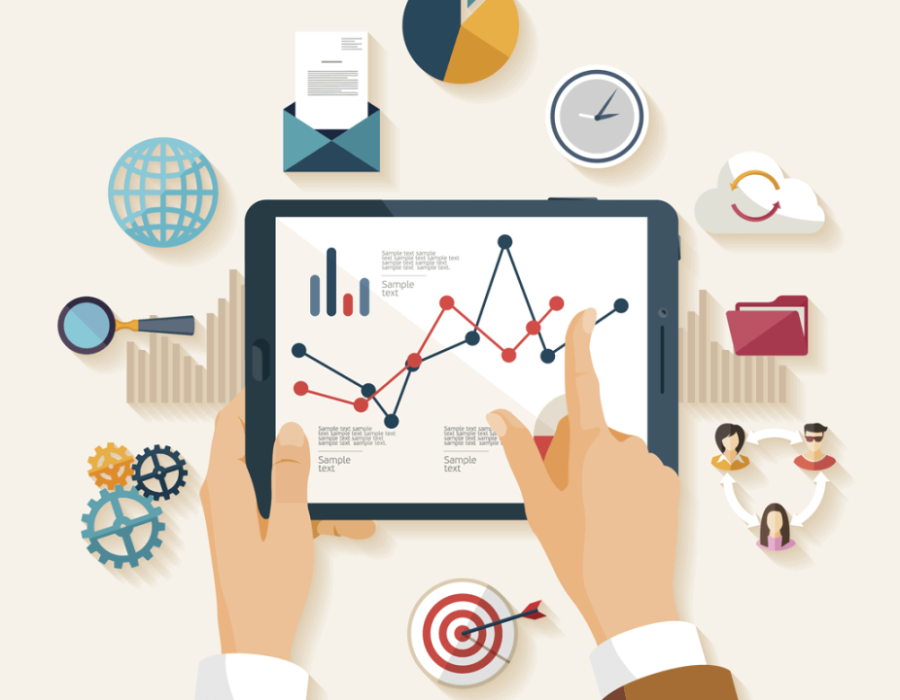In the competitive landscape of the hospitality industry, operational efficiency is key to success. Efficient operations not only ensure guest satisfaction but also significantly boost profitability. Moreover, these streamlined processes relieve staff from mundane tasks, allowing them to focus on more personalized guest services. This not only improves job satisfaction and efficiency among employees but also enhances the overall guest experience, which in turn drives revenue growth. By implementing strategic changes, hoteliers can streamline their processes and enhance overall performance. This article explores three effective strategies to improve the operational efficiency of your hotel.
Implementing Advanced Technology Solutions
Technology plays a crucial role in enhancing the operational efficiency of hotels. By integrating advanced technology solutions, hoteliers can automate routine tasks, offer better guest experiences, and manage resources more effectively.
One such technology is the PMS system in hotels. A Property Management System (PMS) is designed to streamline hotel administration tasks such as reservation management, guest check-in/check-out, billing, and room assignment. The importance of a robust PMS system in hotel management cannot be overemphasized.
Another technological advancement is the implementation of automated check-in and check-out systems. These systems reduce guest wait times, freeing up front desk staff to focus on other important tasks. They also provide guests with a seamless and hassle-free experience, which is crucial for enhancing customer satisfaction.
Smart room technology is a third technological solution that significantly contributes to operational efficiency. It allows for energy management through automated climate control and lighting systems, which not only reduces energy costs but also provides guests with a personalized experience.
The benefits of integrating these technologies are manifold. They streamline operations, reduce costs, enhance guest experiences, and ultimately contribute to the hotel's bottom line.
Optimizing Staff Training and Management
The efficiency and effectiveness of a hotel's staff are fundamental to its operations. Well-trained and efficient staff can significantly improve service quality and operational productivity.
Regular training sessions and workshops are essential for staff development. They ensure that all team members are up-to-date with the latest industry practices and hotel policies. To help staff to adapt quickly to a new PMS system hotels adopt, for example, adequate training is required.
Implementing staff scheduling software is another method to optimize staff performance. Such software helps in planning optimal staffing levels, ensuring that the hotel is neither understaffed nor overstaffed at any given time. This not only improves service quality but also controls labor costs.
Cross-departmental training is also vital. It enables staff to handle multiple roles, providing flexibility in operations and ensuring that all areas of the hotel function smoothly, even during peak times or staff shortages.
Effective staff management leads to improved service quality, higher guest satisfaction, and, as a result, better overall operational efficiency.
Streamlining Processes and Procedures
The third strategy focuses on the streamlining of processes and procedures within the hotel. Establishing efficient processes works to complement the right pms system in hotel operations, and this plays a significant role in enhancing guest experiences. Standardizing routine tasks and procedures is crucial. This involves creating clear guidelines for everyday operations and ensuring consistency in service delivery. Standardization reduces confusion among staff, leading to quicker and more efficient task completion.
Adopting lean management principles is another technique to streamline operations. This approach focuses on eliminating waste - be it in time, resources, or effort. By identifying and eliminating non-value-adding activities, hotels can significantly improve their operational efficiency.
Regular reviews and updates of operational protocols are also essential. The hospitality industry is dynamic, and staying updated with the latest trends and practices is crucial. Regularly assessing and revising operational procedures ensures that the hotel remains efficient and competitive.
Streamlined processes not only improve the quality of guest services but also contribute to the efficient use of resources, enhancing the hotel’s profitability.
Improving operational efficiency is vital for any hotel looking to succeed in the competitive hospitality industry. The PMS system hotels adopt is a crucial element of operational efficiency. By optimizing staff training and management, and streamlining processes and procedures, hoteliers can significantly enhance their operational effectiveness. These strategies not only improve guest satisfaction but also positively impact the hotel's bottom line. The continuous improvement of operational efficiency should be a key focus for hoteliers aiming to provide exceptional services and achieve sustainable growth.





Comments